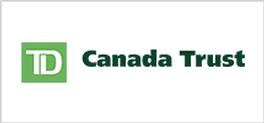Understanding the Differences Between Fixed and Variable Rate Mortgages
As you embark on the exciting homeownership journey, one crucial decision you'll face is choosing between fixed-rate and variable-rate mortgages. At Boychuk Mortgage Group, we understand that making the right choice can significantly impact your financial well-being. In this comprehensive guide, we will delve into the nuances of fixed-rate vs. variable-rate mortgages, shedding light on the key differences and considerations that will empower you to make an informed decision tailored to your unique needs.


Understanding Fixed-Rate Mortgages
A fixed-rate mortgage offers stability and predictability. With a fixed interest rate that remains unchanged throughout the mortgage term, your monthly principal and interest payments remain constant. This provides financial security and makes budgeting more accessible, as you won't be affected by fluctuations in interest rates.

















